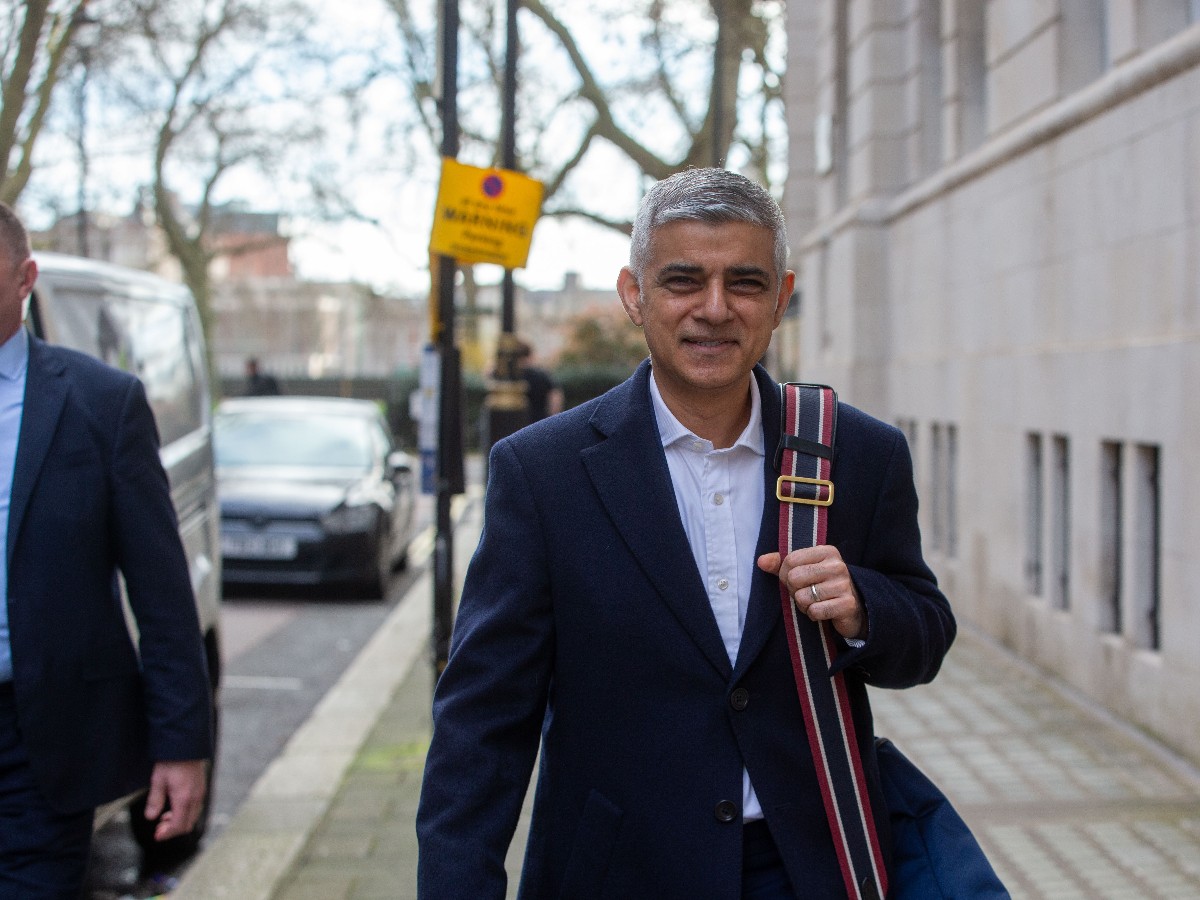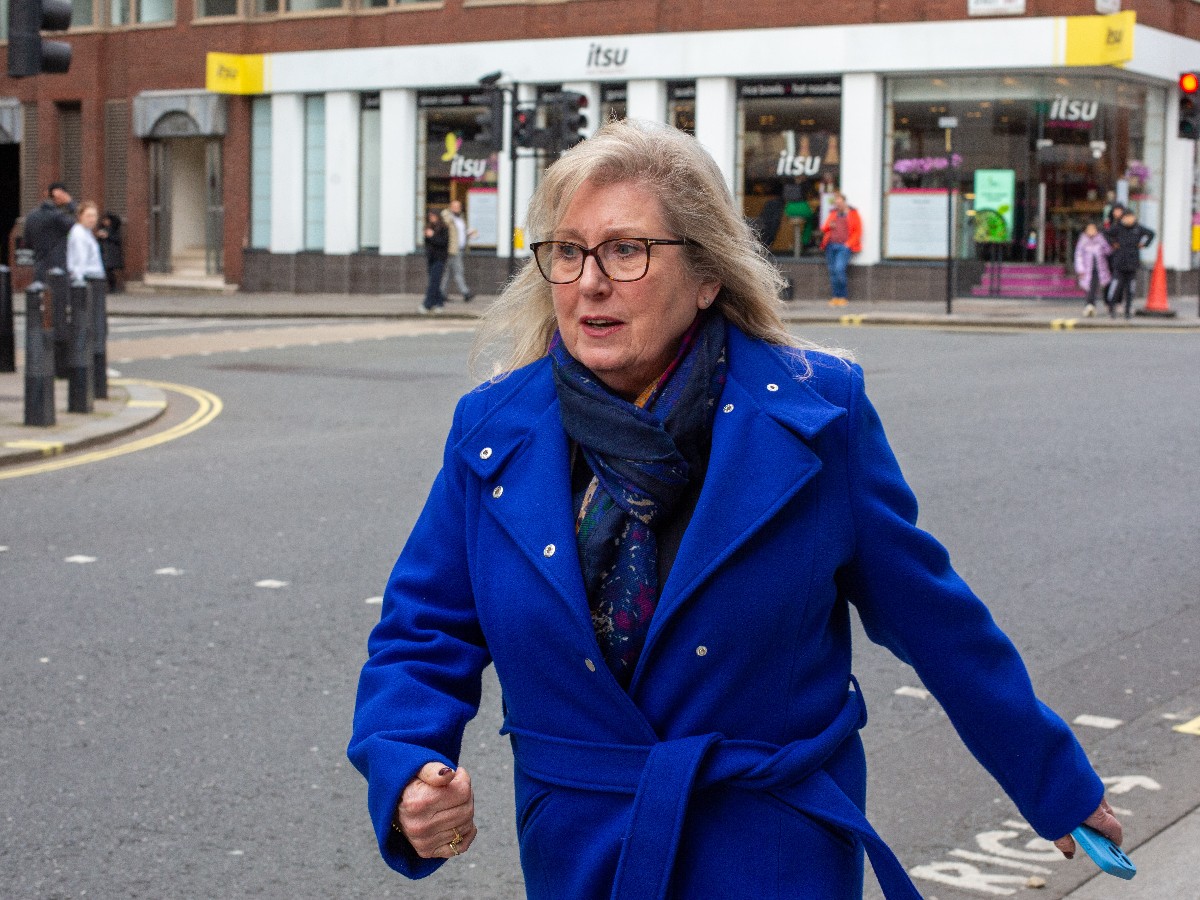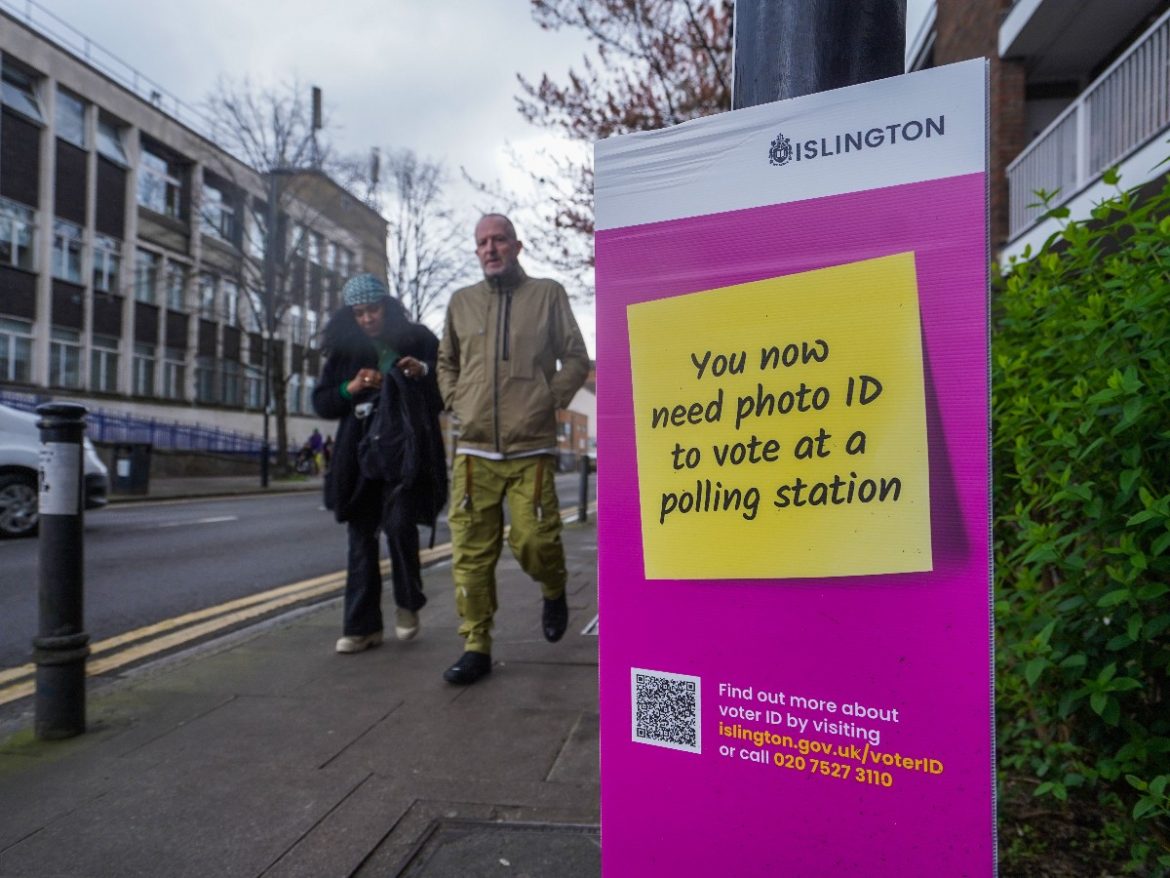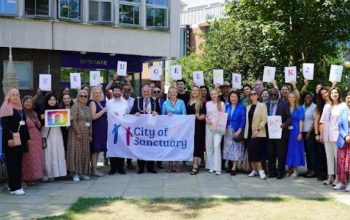With Prime Minister Rishi Sunak squashing any hopes of a spring general election, all eyes have turned to the upcoming London mayoral elections on 2 May.
Over 6 million registered London voters will have the chance to elect their next mayor and members of the London Assembly to serve on the capital’s behalf for the next four years.
Here is everything you need to know to help you through this election season.
What has changed since the last one?
The upcoming and subsequent mayoral elections will now use the first past the post (FPTP) voting system after the government introduced the Elections Act 2022.
The act replaced the supplementary voting system (SV) whereby you would choose a first and second preference and the candidate who reached 50% of the vote would win.
If after the first round of votes no candidate has hit that threshold, the lowest candidates are eliminated, and their votes are distributed between the remaining choices. This process is repeated until one reaches the threshold.
But now under FPTP, it is one vote for one candidate and the nominee who gets the most votes will win the election regardless of whether they hit the 50% threshold or not.
The Elections Act also introduced the requirement for voters to bring photo ID in order to vote.
For the majority of registered voters, acceptable forms of ID include a British passport or UK driving license.
For older people, additional options include a 60+ Oyster card, a Freedom Pass or older person’s bus pass.
Khan has expressed concern that many young people and those from minority communities may not have the valid ID required and therefore, will be stopped from being able to vote.
Who can vote?
Anyone who resides in Greater London can vote in this year’s spring election.
You have to be a British, Irish, or qualifying Commonwealth or EU citizen to vote. However, you must be over 18 on the day of polling and must be registered to vote. The deadline to register is Tuesday 16 April and details on how to register can be found here.
Who are the candidates and parties running?
There are 10 candidates who have so far publicly declared they are vying for the role and here are some of them.
Sadiq Khan – Labour

Sadiq Khan launched his re-election campaign on Monday 18 March, hoping for a third consecutive term after first being elected in 2016.
Some of the current mayor’s pledges include making transport fair and affordable for Londoners and providing the police with more resources.
However, one of his flagship priorities is the Ultra Low Emission Zone (ULEZ).
He has recently faced strong backlash from his rivals, most notably the Conservatives and Reform UK on the expansion of ULEZ, a scheme first announced by former Prime Minster and London mayor, Boris Johnson.
The UK’s largest clean air zone was first introduced in 2019 to help improve London’s air quality and to combat climate changes which have been getting worse over the years.
The initial zone was expanded to outer London boroughs on 29 August 2023 to aid in reducing the number of polluting vehicles on the road.
If a vehicle fails to meet ULEZ emission standards, you must pay £12.50 daily to use these zones.
The mayor has announced that he has no plans to expand the emission zone further for the foreseeable future.
He has also faced criticism over the building of affordable homes in London.
Despite reaching the government’s target to start building 116,000 homes between 2016 and 2023, less than half of this figure have been completed.
Khan has promised, if elected, to complete the creation of 40,000 council homes by 2030, although the next election will occur in 2028.
Susan Hall – Conservative

Susan Hall is a former leader of the City Hall Conservatives and current London Assembly member, where she replaced Kemi Badenoch after her election into Parliament.
According to a recent poll by Savanta UK, Hall is Khan’s closest rival albeit trailing 24 points behind the Labour favourite.
Hall chose Uxbridge as her location to launch her electoral bid for glory on Sunday 24 March with her message for Londoners to “vote for change”.
The Conservative choice has been increasingly vocal about her opposition of the current mayor’s focus on the expansion of ULEZ and has vowed to scrap the plan “on day one.”
Hall has taken a swipe at the current mayor, criticising Khan’s attempts to tackle the city’s housing and crime problems.
She said she has pledged to go back to borough-based policing in an attempt to increase the number of police within the capital.
She added she will build more affordable homes through reopening the London Plan as part of her plan to “listen” to the voters, something she claims the Labour incumbent is not.
However, she has come under fire for her failure to know how much a bus fare is in London and for liking tweets on X (formerly Twitter) which involved Islamophobic hate towards Khan, for which she has subsequently apologised.
Rob Blackie – Liberal Democrat
Rob Blackie is a digital marketer who advises start-up tech companies facing challenges ranging from improving the speed of cancer treatments to tackling climate change.
The Lib Dem candidate launched his electoral campaign Tuesday 19 March and has made “fixing the Met” his top priority if he enters office.
Blackie has also criticised Khan for his failure to address rising crime and policing issues, especially regarding sexual assaults.
Blackie has also promised to improve public transport in outer London and implement ways to solve institutional discrimination within the Met Police.
Howard Cox – Reform UK
Howard Cox is most well known for being the founder of the FairFuelUK campaign to freeze fuel duty for motorists including bikers, cab drivers and truckers.
The businessman-turned-politician has not shied away from expressing his ardent disapproval of Khan’s tenure, with “ditch Khan” set as one of his priorities in his electoral campaign.
Cox has also pledged to get rid of ULEZ and to reduce crime by tripling visible policing levels and installing police public access points within the capital.
The Reform candidate has had his share of recent controversies as it is reported he attended an anti-ULEZ protest in Trafalgar Square earlier this year.
Zoe Garbett – Green Party
Zoe Garbett, an NHS worker, made history recently after being elected as Dalston and Hackney’s first Green councillor in 2022.
The Green hopeful has made creating a two-year freeze on rent prices one of her top priorities if she wins.
She also plans to hold the police to account in a bid to shift their focus onto preventing crime in hopes of reducing the capital’s crime rate.
She said she would like to improve housing, create affordable transport and implement action to tackle the climate crisis.
You can find the full list of candidates here.
The different ways of voting
You can vote in person, via a postal vote or a vote by proxy.
Every registered voter will have been sent a poll card that says which polling station to go to and the date of the election. You do not have to take your poll card with you, just a form of acceptable identification.
Polling stations open from 7am to 10pm so you can cast your ballot anytime between then.
You can apply for a postal vote either online or by post and this must be completed by 5pm on Wednesday 17 April.
A vote by proxy occurs if you are unable to vote yourself, you can request for another person to cast your vote on your behalf.
This can happen if you are unable to make polling day, registered as an overseas voter, have a medical problem or disability or are unable to vote in person due to work or military service.
You can apply for a proxy vote online or by post and this must be submitted by 5pm on Wednesday 24 April.
When will the results be announced?
After the polling stations close, all the ballot papers will be verified and counted on Friday 3 May and the results will be announced on Saturday 4 May at City Hall.
The podcast editor and reporter for Kingston Courier.






